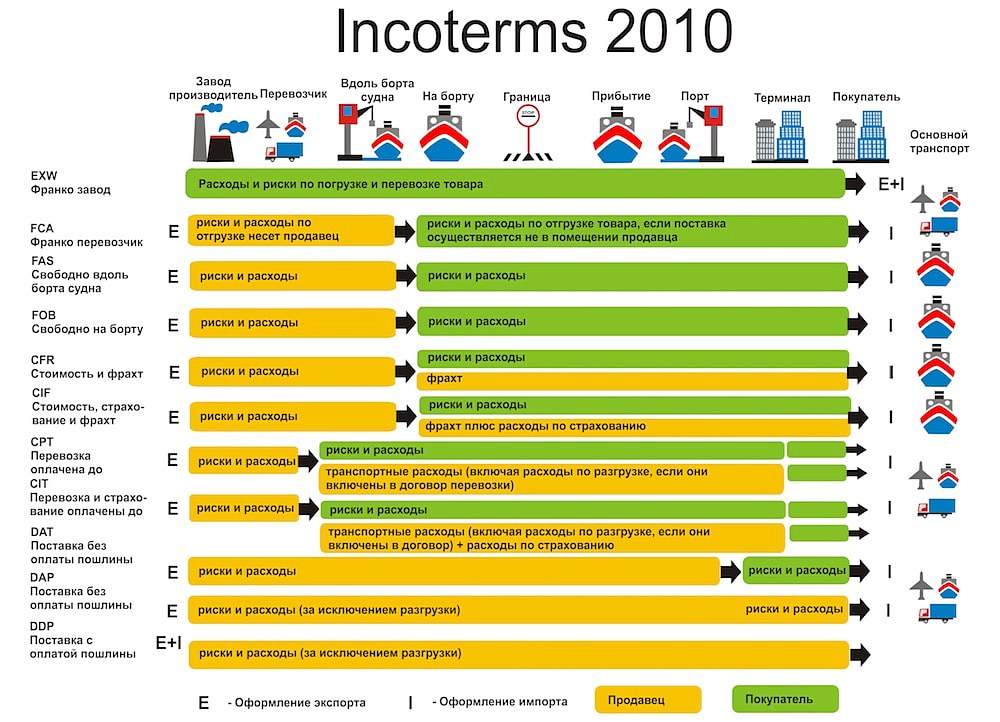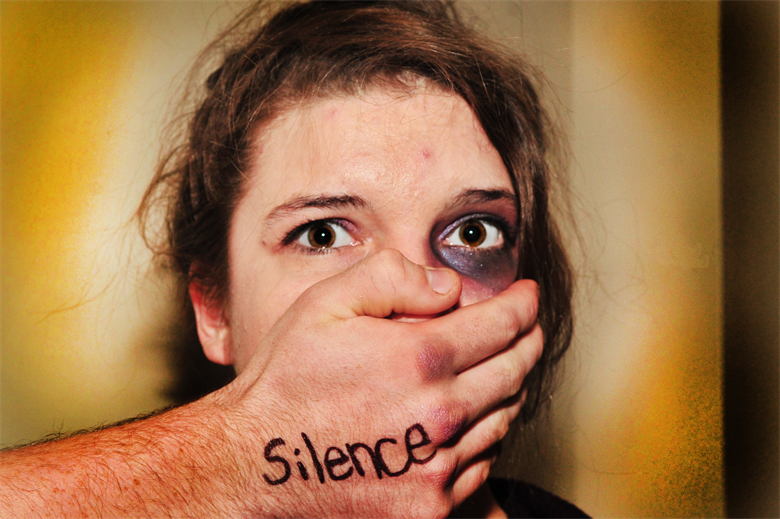Psychology of entitlement
The Psychology Behind Sense Of Entitlement
Have you ever met someone who seems to act like the whole world owes them? Someone who is not satisfied unless their own needs are being met? Trying to deal with someone who has acted this way can feel frustrating. In fact, in society, this type of behavior typically attracts strong criticism and condemnation.
If this sounds like someone you know, you may be dealing with someone who has a sense of entitlement, defined as "an unrealistic, unmerited, or inappropriate expectation of favorable living conditions and favorable treatment at the hands of others." Online therapy can help you learn to manage your interactions with this kind of behavior. Before we can understand the psychological roots behind the sense of entitlement, we must first understand exactly what it means.
What Does Sense of Entitlement Really Mean?
A sense of entitlement is a personality trait that is based on a person’s belief that they deserve privileges or recognition for things that they did not earn. In simple terms, people experiencing this believe that the world owes them something in exchange for nothing.
What Causes an Unhealthy Sense of Entitlement?
Sense of entitlement develops in individuals for various reasons. Many people believe that when children are given everything they ask for without learning how to earn rewards, it makes them expect the same treatment when they become adults. On the other hand, certain personality disorders such as narcissistic personality disorder or antisocial personality disorder may cause symptoms.
Signs that Someone Has a Sense of Entitlement
In its simplest form, a person who has a sense of entitlement may come across as having extreme self-confidence or the belief that everything that happens should somehow benefit them. In more drastic forms, it is often a symptom of a personality disorder such as narcissistic personality disorder or antisocial personality disorder.
When someone with a sense of entitlement doesn’t get what they want, it is not uncommon for them to lash out at others in anger or frustration.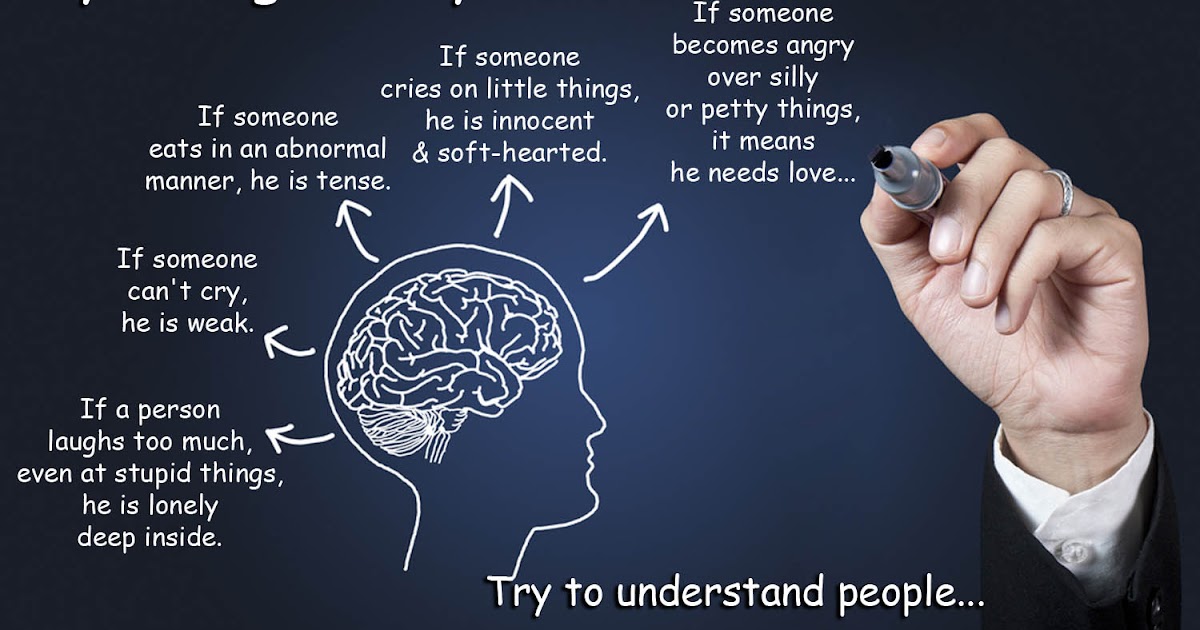 Maybe their attitude changes often, especially when things don’t go their way.
Maybe their attitude changes often, especially when things don’t go their way.
The behaviors that are manifested by a person who has a sense of entitlement is usually rooted in their belief that they should be admired and respected. Although they may come across as people with a bold personality or a great sense of self-confidence, many people battle personal insecurities. Unfortunately, their attention-seeking behavior and overbearing personalities often lead to isolation from those who were once friends. This, in turn, can lead to further feelings of isolation and depression.
Wondering What's Behind The Psychology Of Entitlement?
Find Out Today. Speak With A Licensed Psychologist Online.
If you're struggling with issues like this, it’s important to know that you're not alone. You can learn ways to address issues and how to live a healthy, balanced life.
Understanding the Psychology Behind a Sense of EntitlementThere are several theories regarding why some people may develop a sense of entitlement.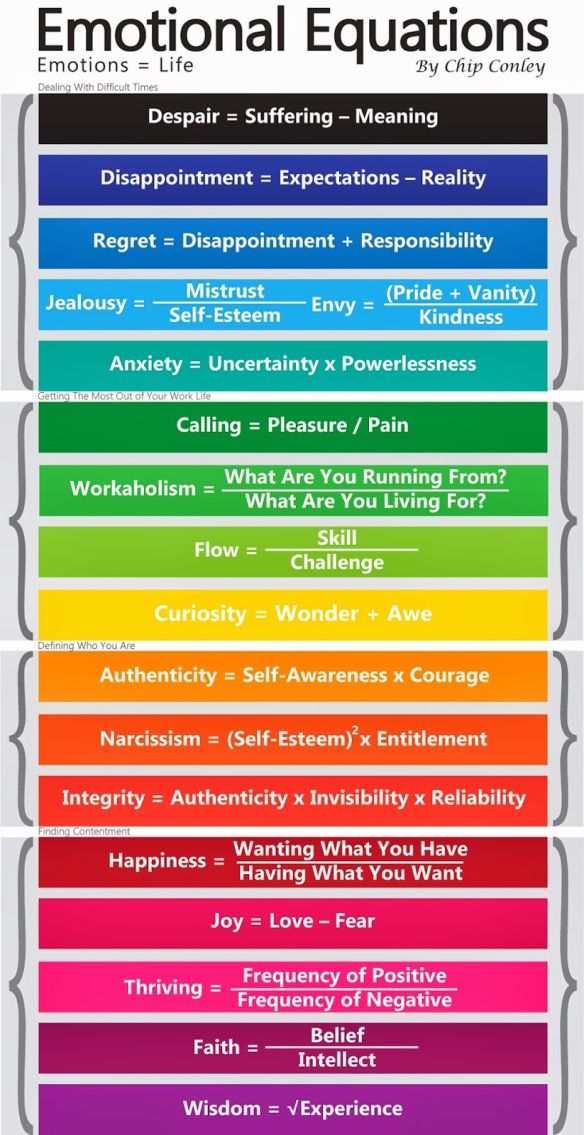 The most common include:
The most common include:
The Spoiled Child:Parents naturally want their children to be happy, confident and fulfilled. This is a healthy and natural urge, but when parents make the mistake of always saying "yes" to their kids, it can lead to a gradual sense of entitlement. This type of behavior that is allowed during early childhood causes young children to believe that these acceptable patterns and behaviors throughout life. Children who are always given what they want and are not required to earn rewards for good behavior generally become adults who expect others to cave to their demands. Often, they become adults who do not know how to effectively communicate with others, and they may have trouble developing healthy relationships or maintaining stable employment.
An Attempt to Overcompensate for Past Wrongs:In some cases, after experiencing maltreatment or neglect, some people develop a self-righteous attitude. Some believe this is a type of coping mechanism that is extreme.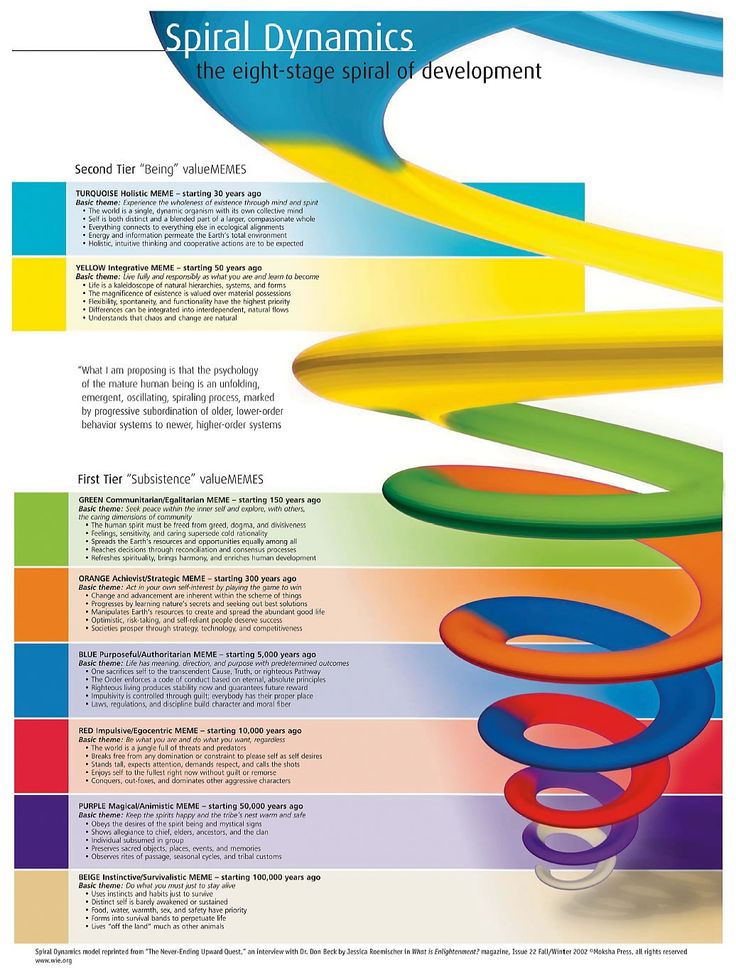 For example, a child who is deprived of love and affection may grow up to demand it from others because they did not receive it at a young age. A teenager who never got picked to be on the All-Star team may eventually grow up to believe he should coach a team with only the best players and may become upset if someone who is not an exceptional athlete is allowed on the team. An attitude that is rooted in resentment from past hurts or is an attempt to compensate for past wrongs endured can lead to major disruptions in both personal and professional relationships.
For example, a child who is deprived of love and affection may grow up to demand it from others because they did not receive it at a young age. A teenager who never got picked to be on the All-Star team may eventually grow up to believe he should coach a team with only the best players and may become upset if someone who is not an exceptional athlete is allowed on the team. An attitude that is rooted in resentment from past hurts or is an attempt to compensate for past wrongs endured can lead to major disruptions in both personal and professional relationships.
Personality Disorders:For some, this has nothing to do with being neglected or spoiled, but maybe the result of a personality disorder, such as narcissistic personality disorder or antisocial personality disorder.
Because personality disorders are characterized by altered views of oneself and others, it is not surprising that those with personality disorders often experience this. People with a narcissistic personality disorder or other forms of personality disorder generally perceive themselves as being superior to others, have a skewed view of the value of other people’s worth, and often don’t like to follow the rules. They often exhibit an elevated sense of self-worth or exaggerated self-esteem which can fuel this to insatiable levels.
They often exhibit an elevated sense of self-worth or exaggerated self-esteem which can fuel this to insatiable levels.
Learning to Overcome A Sense of Entitlement
The first step in learning to overcome this is to stop comparing yourself to others. Remember, you are a unique individual and you can accomplish your own goals and dreams. Take the time to think about things you want to achieve and make a list of things you are willing to do to make it happen. Don’t be discouraged by temporary setbacks. If you fall, get up and go again. The feeling you get from accomplishing a goal on your own is going to be much greater. With willpower and determination, you can overcome this.
Do something because it’s the right thing to do, not because you expect to be rewarded. Try and look at things from another person’s point of view, it can make doing things simply because they are right to feel like a good thing.
Wondering What's Behind The Psychology Of Entitlement?
Find Out Today. Speak With A Licensed Psychologist Online.
Speak With A Licensed Psychologist Online.
Don't live in the past. The way we handle these challenges in our past often determines our outlook on other aspects of life, as well.
Practice treating others with respect, compassion, and gratitude. If you are genuinely kind to others and commit to acts of selflessness without expecting a favor in return, others feel freer to return the same goodness to you.
Celebrate the successes of others, even when you feel like a failure. Even in the most difficult times, times when you feel like you can’t accomplish anything (especially if you are trying to control the feelings of a sense of entitlement) you can learn to celebrate the success of others.
Learning to Change
While the idea of tackling personal issues and learning to overcome them independently is good, there may be times that you need some support. Additionally, when you're trying to overcome having a sense of entitlement, it may be necessary to reach out for professional help.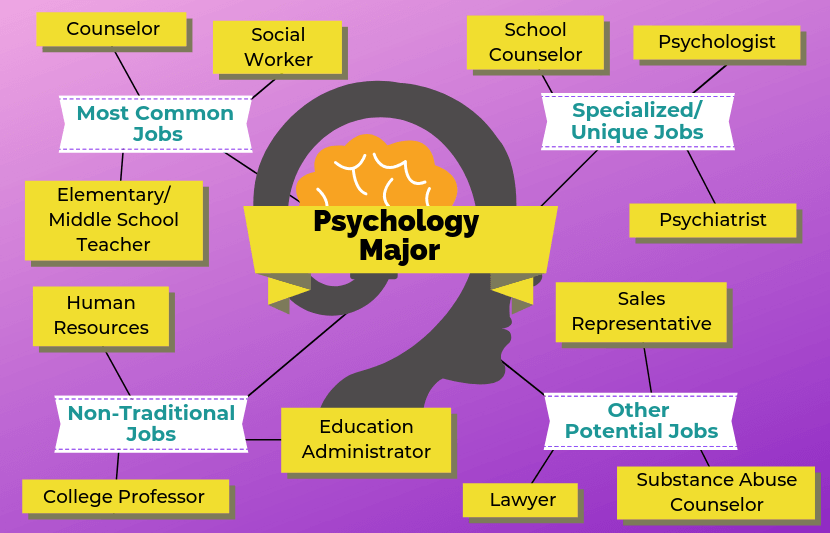
You might also want to spend time around those less fortunate than you. You can even make a difference in someone else's life. Volunteering time around others and seeing the struggles of other people can help you realize that everyone is the same and that everyone just wants to live a happy life.
If You Need Help, Reach Out to BetterHelp
With appropriate intervention, people who have a sense of entitlement can learn ways of changing behavior and interacting with others. If you feel the need to reach out for help from a professional, consider making an appointment with a local mental health clinic or counselor. Additionally, there are options available to provide counseling and support from online sources. Online counseling, such as the services provided by BetterHelp, focuses on offering professional mental health care to individuals in the comfort of home or anywhere that there is a phone and/or internet connection. BetterHelp’s team of licensed, professional counselors, experienced clinical social works, marriage and family counselors, and psychologists can help you navigate through the journey of managing the feelings you are experiencing and can help you develop an action plan to learn to deal with behaviors in a more effective way.
Counselor Reviews
"Tyson really helped me out with my depression by finding out what my goals were in life, especially around my career and family. He left me with techniques and exercises that have really helped me observe negative thoughts and break their cycles. I have actually gone through a true, positive transformation in my life thanks to Tyson. Highly recommend!"
"I was skeptical of BetterHelp and therapy in general. After my first call with Dr. Cox Lance, I knew I made the right choice. She was patient and listened to my problems. She helped me identify my goals and ways to change my perspective on the problems and annoyances I faced. Strongly recommend."
Conclusion
If you're suffering from a sense of entitlement, you need to know that you're not alone. Like others before you, you can change and develop healthy levels of self-love and self-esteem. All you need are the right tools. Take the first step.
Entitlement Mentality: Causes, Symptoms, and More
Written by WebMD Editorial Contributors
Medically Reviewed by Dan Brennan, MD on October 25, 2021
In this Article
- What Is a Sense of Entitlement?
- How Entitlement Mentality Affects Relationships and Mental Health
- The Cycle of Entitlement
- Overcoming a Sense of Entitlement
We’ve all met people who have a sense of entitlement.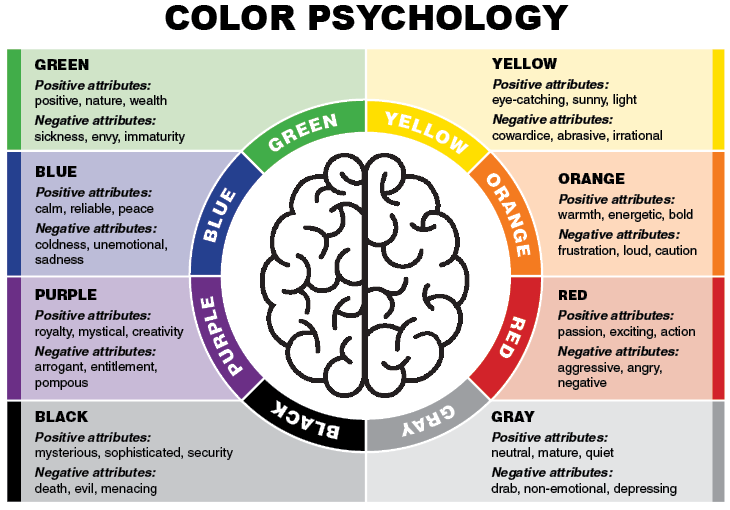 Maybe it’s that person who tried to cut in front of you at the coffee shop. Perhaps it was someone who demanded to be seated before you at a busy restaurant without a reservation.
Maybe it’s that person who tried to cut in front of you at the coffee shop. Perhaps it was someone who demanded to be seated before you at a busy restaurant without a reservation.
Simply put, people with a sense of entitlement think the rules don’t apply to them.
What Is a Sense of Entitlement?
You owe me. The entitlement mentality is defined as a sense of deservingness or being owed a favor when little or nothing has been done to deserve special treatment. It’s the “you owe me” attitude.
Entitlement is a narcissistic personality trait. It’s not known exactly how this mentality develops. It may be due to social factors like:
- The environment you grew up in
- The way your parents treated you
- Whether adults solved your problems for you
- How you are treated by authority figures
The environment you’re raised in can affect how you see the world and what you expect from other people. It can even affect personal and professional relationships.
How Entitlement Mentality Affects Relationships and Mental Health
People with an entitlement mentality often see themselves as superior to others. It’s no surprise that this way of thinking affects interpersonal relationships.
Long-term damage. When you believe you’re entitled to better treatment than others or that the rules don’t apply to you, you’re more likely to suffer in the long term. Given that you simply believe you aren’t getting what you’re owed, an entitlement mentality can result in:
- Conflict in relationships
- Unhappiness
- Disappointment
- Depression
Your career may suffer, too. Entitled people often interview well and can land leadership roles because of their confidence. However, they often lack team spirit and avoid problem-solving in the workplace. Most of the decisions an entitled person makes are self-serving. This can quickly become apparent to their co-workers.
The Cycle of Entitlement
Feeling entitled to something and the disappointment that follows when you don’t get what you want can reinforce entitled behavior.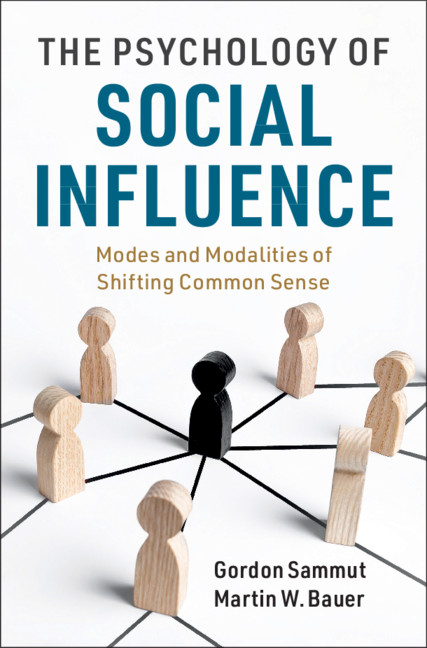 This typically follows a vicious 3-step cycle:
This typically follows a vicious 3-step cycle:
- When you’re entitled, you’re always vulnerable to the threat of unmet expectations.
- When your expectations aren’t met, it can lead to dissatisfaction and other emotions like anger and a sense of being cheated.
- When you’re distressed, you try to fix the situation and console yourself. This results in self-reassurance that you deserve everything you've ever wanted, which reinforces the same entitled behavior.
Overcoming a Sense of Entitlement
If you find you have a sense of entitlement, there are ways to change your mindset. Practicing gratitude and humility can help you become more responsible and considerate. If you’re trying to overcome an entitlement mentality, start with the following tips.
The golden rule. Practice treating others as you would like to be treated. Regardless of social status, we are all human.
Recognize that not all situations are unfair.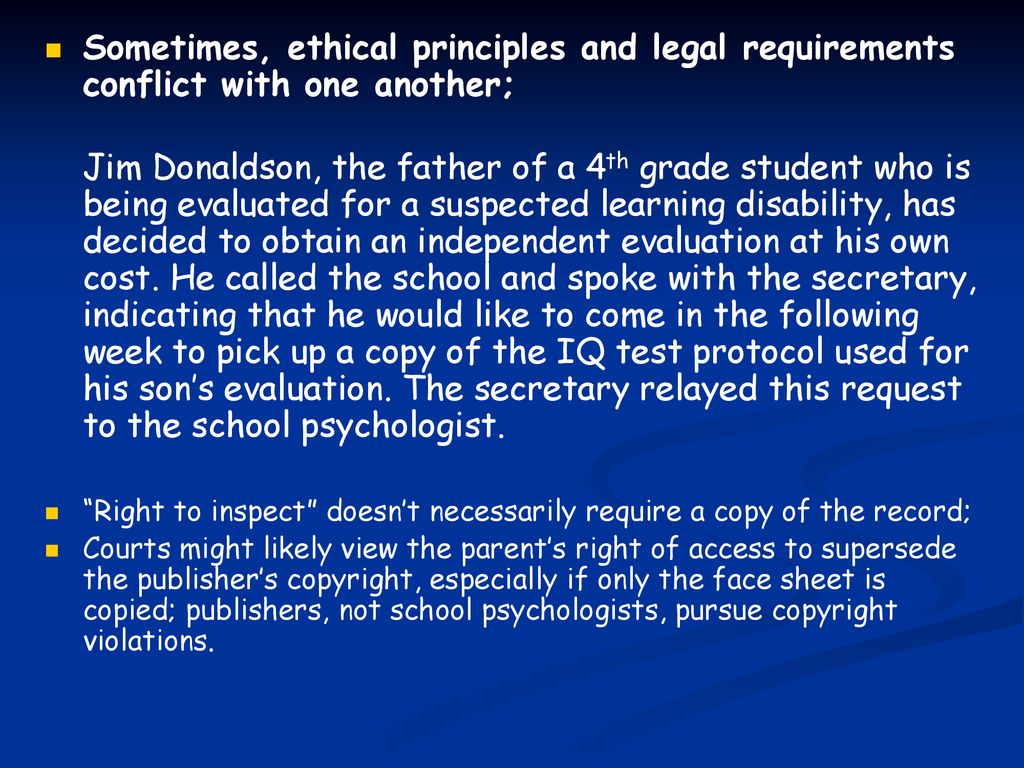 If you’re in a situation you think is unfair, pause for a minute and think about the greater good. Is it right that because you’re paying tuition you must get a good grade? Consider how the world would look if no one else had to work for their grades.
If you’re in a situation you think is unfair, pause for a minute and think about the greater good. Is it right that because you’re paying tuition you must get a good grade? Consider how the world would look if no one else had to work for their grades.
Respect. Use respect and kindness when interacting with others. Everyone is a human being with feelings and struggles of their own. Go easy on others. Be sympathetic to their needs.
Learn from your mistakes. Treat failure as a learning tool. Failing isn’t the end of the world. Mistakes that were made can be corrected next time. Never stop learning, and look for value in failure.
Psychology of law | it's... What is Psychology of Law?
InterpretationTranslation
- Psychology of law
- One of the areas of fundamental legal and psychological research, knowledge and practical application of it.
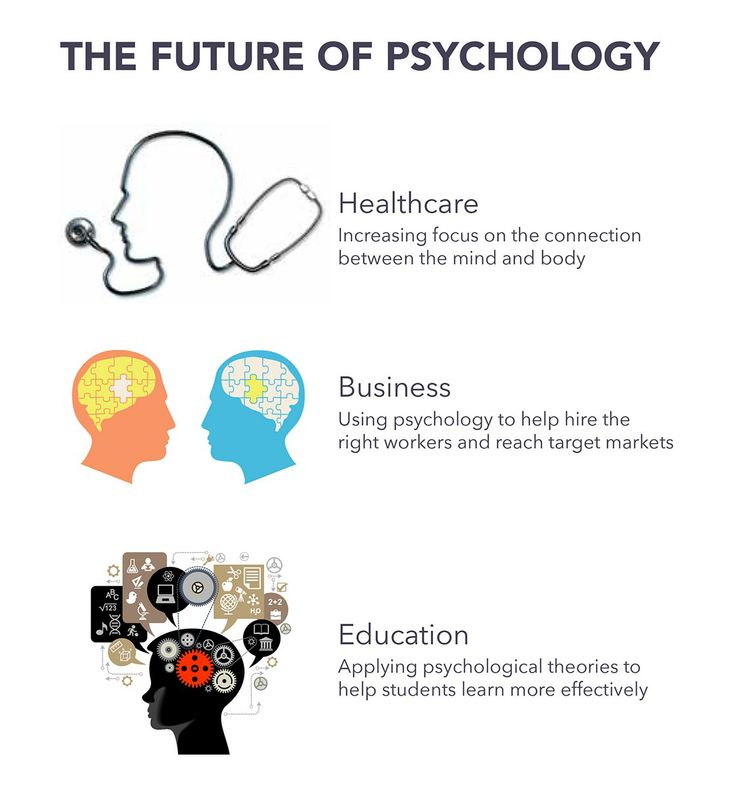 It reflects the psychological aspects of the theory of law in jurisprudence, law as a normative entity, its properties, mechanisms, regulatory potential and strength, written law, and lawmaking. nine0002 The ideas of an integrative approach to law and its operation are textbook in legal science. It is recognized that, along with a special legal approach, a “sociological approach is also necessary, realizing the formula “man is the measure of all things”, including legal ones. Personality is not only an object of legal influence, but also a source that determines the necessity of law, creates law and transforms social reality through law. The proper legal side of the integrative approach to law is realized in the analytical theory of law, and the psychological "side" - in the UP, its psychology of law. More than 100 years ago, L.I. Petrazhitsky created the so-called "psychological school of law", in which the author tried to reveal the connection between personality and law, but went to extremes in the psychologization of law, in the assertion that law is a psychological category.
It reflects the psychological aspects of the theory of law in jurisprudence, law as a normative entity, its properties, mechanisms, regulatory potential and strength, written law, and lawmaking. nine0002 The ideas of an integrative approach to law and its operation are textbook in legal science. It is recognized that, along with a special legal approach, a “sociological approach is also necessary, realizing the formula “man is the measure of all things”, including legal ones. Personality is not only an object of legal influence, but also a source that determines the necessity of law, creates law and transforms social reality through law. The proper legal side of the integrative approach to law is realized in the analytical theory of law, and the psychological "side" - in the UP, its psychology of law. More than 100 years ago, L.I. Petrazhitsky created the so-called "psychological school of law", in which the author tried to reveal the connection between personality and law, but went to extremes in the psychologization of law, in the assertion that law is a psychological category. nine0003
nine0003 Everything that sets people in motion passes through their head, consciousness, psychology. Law inevitably, intentionally or spontaneously, has an impact on the psychology of people. The proper, desirable, regulating influence on social relations and people's behavior, it can only exert a proper influence on the psychology of people. This influence is not necessarily direct, but also through a change in law (legislation, legal regulations and acts, etc.) of the structure and functioning of the state and the life of society. The human (personal, group) orientation of law, the strengthening of the human principle in it, the increase in its strength and real influence on social processes are possible only with full consideration of its connections with psychological realities, both personal and group, with its psychological strengthening, taking into account all aspects of the psychology of law in legislative and other law-making practice. Without taking into account the psychological aspects, the law loses a lot in its potential and life, regulating influence on the real state of law, law and order, people's lives.
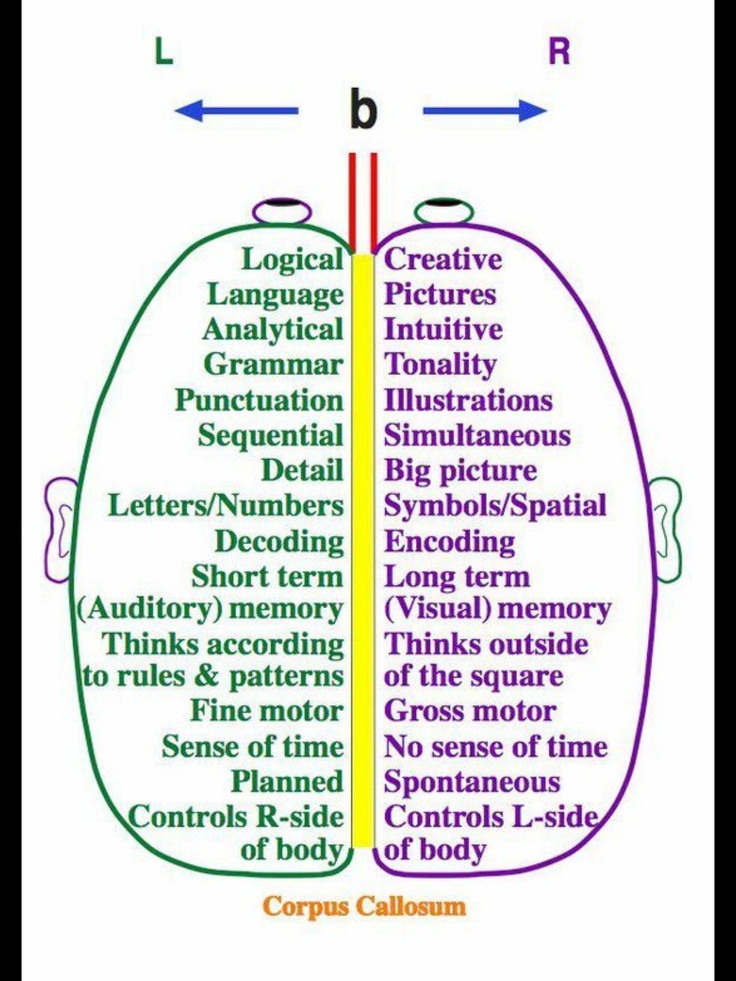 nine0003
nine0003 A comprehensive account of the psychological relationships of law specifies the merits of the natural law approach to it, based on humanistic ideas about determining its content on the basis of natural, innate human rights as a representative of humanity, a member of society, a bearer of consciousness. Humanitarian and moral criteria are the fundamental basis of a developed legal system. Only with a humanitarian-psychological vision of law and the construction of positive law on it, law actually reveals itself as a humanitarian phenomenon, acquires the character of true civilization, social value, social good and becomes an effective social force. nine0003
An important role in the psychology of law has an understanding of the psychological properties and mechanisms of law. (see Legal norms psychological properties, Legal norms psychological mechanism).
(A.M. Stolyarenko)
Literature: Petrazhitsky L.I. Introduction to the study of law and morality. - St.
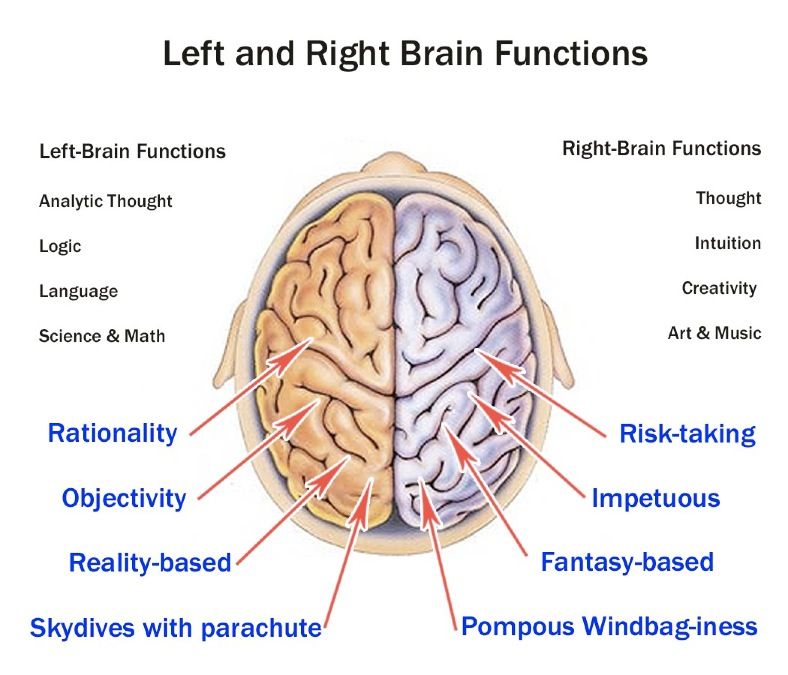 Petersburg, 1907; Lazarev V.V. Socio-psychological aspects of the application of law. – Kazan; 1982; Alekseev S.S. Theory of law. M., 1995; Applied Legal Psychology…. Paragraph 2.1.
Petersburg, 1907; Lazarev V.V. Socio-psychological aspects of the application of law. – Kazan; 1982; Alekseev S.S. Theory of law. M., 1995; Applied Legal Psychology…. Paragraph 2.1.
Encyclopedia of Legal Psychology. — M.: UNITY-DANA. Under the general editorship of Professor A. M. Stolyarenko. 2003.
Games ⚽
- Psychology of the victim
- Psychology of legal immunity and its consequences
Useful
Psychology and law
Periodical electronic scientific and practical publication "Psychology and Law" on the platform https://psyjournals.ru/ are published works performed at the intersection of psychology, legal sciences, judicial psychiatry. A separate emphasis is placed on highlighting trends in the development of legal psychology in the world and in our country. Research results published and practical developments, reviews, digests of Russian and foreign books and articles, reports on conferences and professional forums. nine0003
nine0003
Interview with the editor-in-chief
commission (VAK) under the Ministry of Science and Higher Education Russian Federation in the list of leading scientific journals and publications for publication of scientific results of dissertation research. Inclusion date: 02/09/2016. Groups of scientific specialties: 19.00.00 - psychological science.
This direction and form of publication of the magazine will help satisfy needs legal psychologists various departments open exchange of experience, broadcast new ideas and concepts.
Significant attention in published studies given to:
- problems of general and legal socialization of the individual;
- psychological approaches to understanding the causes of crime, including the study of the individual psychological characteristics of criminals, psychological features of group criminal behavior, recurrent and female crime, psychological problems of organized crime and terrorism; nine0044
- conceptual scientific, theoretical and applied foundations of prevention various forms of criminal behavior, psychological problems children, adolescents and their families in a legally relevant context;
- issues of clinical and forensic psychology, integrated forensic psychological and psychiatric expertise in criminal and civil proceedings; psychological aspects of public danger assessment and prevention socially dangerous actions in persons with mental pathology; nine0044
- methodology and methods of professional activity of a psychologist as specialist in various procedural actions;
- psychological aspects of the execution of sentences in relation to various categories of convicts, forecasting and preventing negative phenomena in places of deprivation of liberty, the psychology of victim behavior, programs correction and resocialization of convicts;
- issues of psychological support and support of operational and service activities of law enforcement officers; nine0044
- psychological aspects of professional activity of representatives legal specialties, as well as legal procedures;
- issues of professional training of specialists in the field of legal psychology.
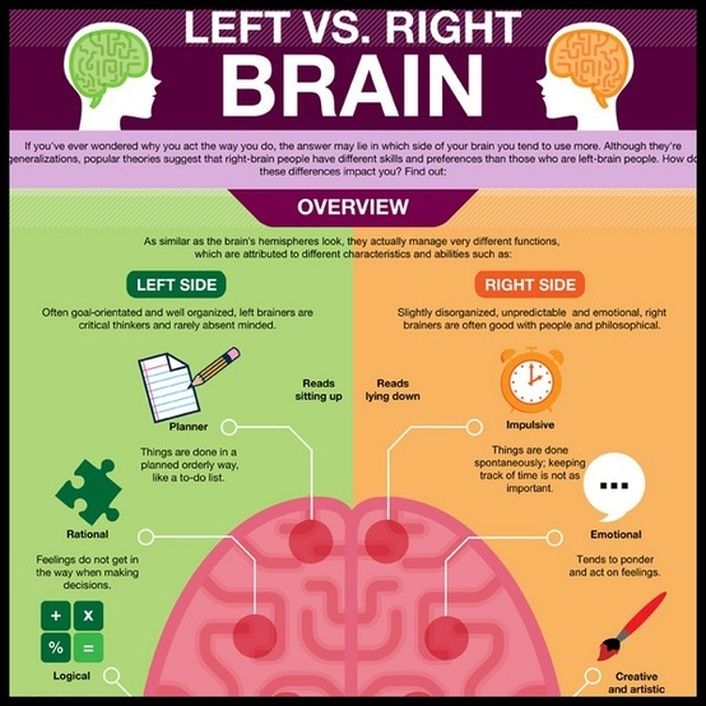
Scientific publications are reviewed by lecturers and specialists of the Faculty of Legal Psychology Moscow State Pedagogical University, Academy of Management of the Ministry of Internal Affairs of Russia, Moscow University of the Ministry of Internal Affairs of Russia, Russian Law Academy of the Ministry of Justice of the Russian Federation, Academy of the Prosecutor General's Office of the Russian Federation, Federal State Budgetary Institution "FMICPN them. V.P. Serbian Ministry of Health of the Russian Federation and other institutions and departments working in the field of legal psychology. nine0003
Publisher: Moscow State Psychological and Pedagogical University
Mass media registration certificate: PI No. FS 77-55673 dated 09.10.2013
ISSN (online): 2222-5196
Distribution form: electronic periodical (EPI)
Frequency: 4 times a year
Free access to issues 9003psy8 ru and https://psyjournals.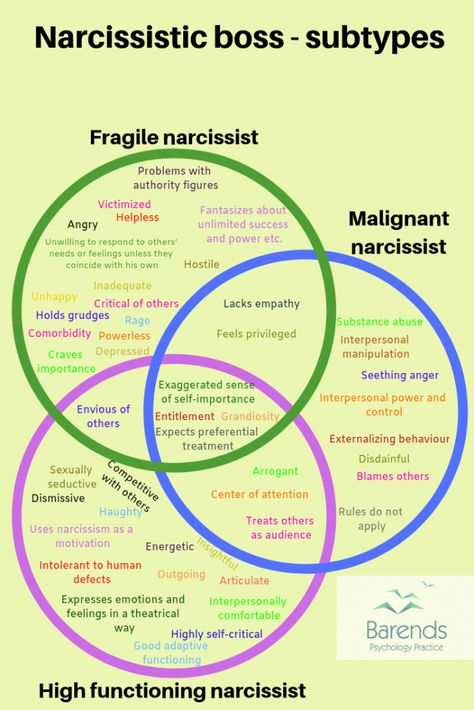 ru
ru
The journal is in free access. nine0003
License terms:
Materials magazine available under a Creative Commons license Attribution-Noncommercial 4.0 Worldwide: Allowed use, copy, quote for non-commercial purposes with the obligatory indicating the name of the author of the work and the source of borrowing.
Journal "Psychology and Law" - peer-reviewed scientific periodical, registered in the manner prescribed by law as mass media. nine0003
The main content of the publication is scientific articles, scientific reviews, scientific reviews and testimonials, results of scientific research and practical developments, digests of Russian and foreign books and articles, messages about conferences and professional forums.
Reviewing: All incoming materials are mandatory double scientific peer review by recognized experts in subject materials. Reviews of submitted materials are stored in publishing house for 3 years.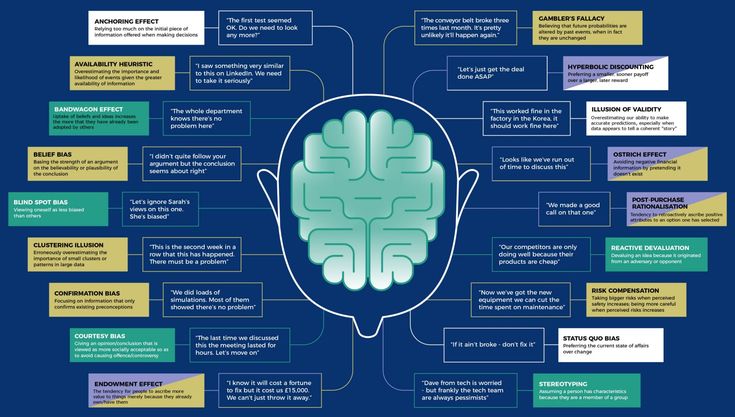 The editors of the publication send reviews to the authors on received materials in electronic form. nine0003
The editors of the publication send reviews to the authors on received materials in electronic form. nine0003
Website of the publication: On the website of the publication in the public domain on abstracts, keywords, information are placed in Russian and English about the authors for all articles and reviews published by the publication for all time the existence of the publication, as well as full-text versions of all articles of the publication. On the site in Russian and English contains information about the publishing house of the Federal State Budgetary Educational Institution VO MSUPU (information about publisher), chief editor, editorial board and editorial board (composition of the editorial board), as well as contact information with description of the subject matter of the journal. nine0003
Official web site address of the publication Internet: https://psyjournals.ru/psyandlaw/
The journal is included in Russian and international databases
-
Higher Attestation Commission of the Ministry of Education Russian Federation (VAK)
-
Web of Science Emerging Sources Citation Index (ESCI).

-
Core of the Russian Science Citation Index (RSCI)
nine0044 -
Directory of Open Access Journals (DOAJ)
-
Google Scolar
-
Index Copernicus
-
East View
Editorial board/publication board: Member of editorial board and editorial board of more than 20 doctors and candidates sciences that have made a significant contribution to the development of the relevant field of knowledge. From all members of the editorial board have a written confirmation of the request for entry into its composition. nine0003
Design of articles: Published materials indicate information about the authors, their place of work and necessary contact details. At publication of a scientific article in Russian, it is obligatory to have keywords and abstracts in Russian and English. All published scientific articles, there are referenced bibliographic lists, designed in in accordance with the rules of publication, on the basis of the requirements stipulated current GOSTs.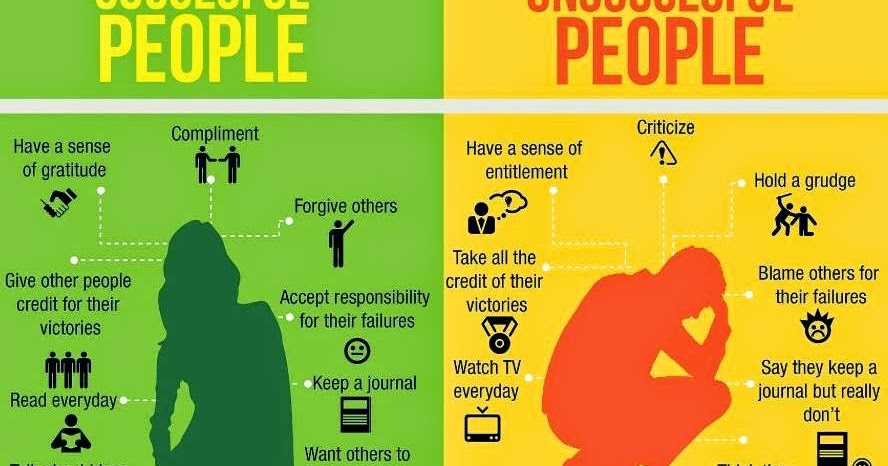 The official website of the publication contains the rules of the direction, reviewing and publishing the submitted manuscripts of the authors. nine0003
The official website of the publication contains the rules of the direction, reviewing and publishing the submitted manuscripts of the authors. nine0003
Publications in the journal "Psychology and Law" are free for authors.
Portal of psychological publications PsyJournals.ru — https://psyjournals.ru/psyandlaw/ [Psychology and law]
the official channel of the journal in Telegram
The subject of the journal (in terms of the current system of specialties of scientific workers):
-
19.00.04 – Medical psychology (psychological science)
-
19.00.06 - Legal psychology (psychological science)
Mass media registration certificate Information:
Name: Psychology and Law
Media registration certificate: El No. FS77-66446 dated 07/14/2016
Editorial address: 127051, Moscow, st.
